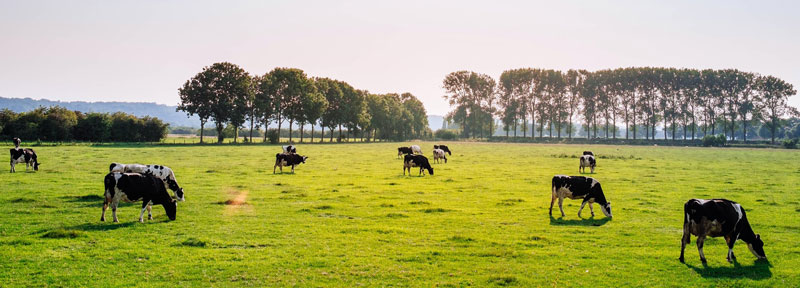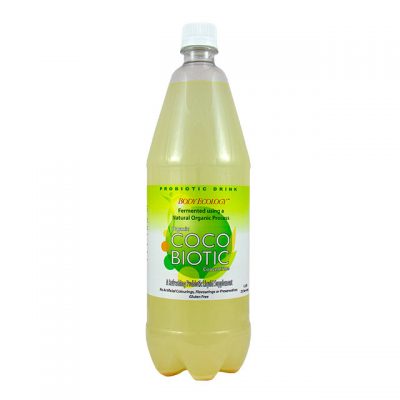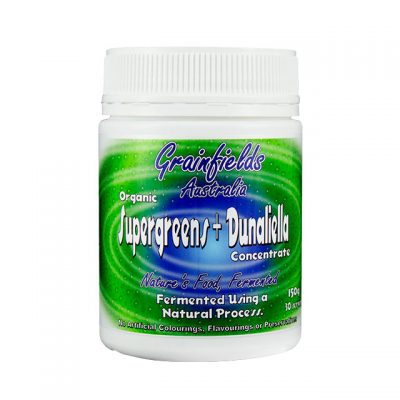What is Vitamin K2?
Most people probably don’t know much about Vitamin K. Here is some history- The first discovery of Vitamin K was in 1929 by Danish scientist Henrick Dam, during studies on cholesterol in chicken.
Further research eventually concluded that Vitamin K assisted with blood coagulation. For many years it was thought this was the only role of Vitamin K in the body. During the 1930’s and 1940’s, Dr. Weston A. Price discovered an unidentified fat-soluble nutrient which he referred to as ‘Activator X.’ This nutrient was found in grass-fed dairy, pasture fed meats, and traditionally fermented foods. Scientists believe that Price’s Activator X is a form of vitamin K now known as K2.
There are two natural forms of vitamin K: vitamin K1 (phylloquinone) and vitamin K2 (menaquinone). Vitamin K1 is synthesised by plants and found in green leafy vegetables whereas K2 occurs when plant matter containing vitamin K1 is fermented with bacteria. This type of fermentation occurs when animals consume and digest greens.

This is why grass-fed organic animal products- meats and organ meats such as liver, eggs, butter and dairy are so high in vitamin K2. Brie and Gouda cheeses are particularly high in K2.
Vitamin K2 also occurs in traditionally fermented foods such as natto, cultured vegetables, sauerkraut and of course Grainfields products. Fermented foods also supply beneficial bacteria into our gut which helps synthesise vitamin K1 from the foods we eat into K2. Because vitamin K1 is fat soluble its best to eat your leafy green foods with some fat to improve absorption, such as adding some olive oil dressing or avocado to your salad. Use of antibiotics can decrease our gut bacteria which in turn effects our ability to product vitamin K2.
Why do we need it?
Vitamin K2 plays a critical role in building strong bones as it transports calcium into the areas of the body where it belongs such as the teeth and bones. It also helps prevent calcium getting into the wrong areas of the body such as the arteries, brain and heart where it can cause pre-mature aging, disease and early death. Vitamin K2 deficiency may be linked to heart disease, autoimmune diseases such as rheumatoid arthritis, and conditions affecting the brain eg. Alzheimers and dementia.
Vitamin K2 was once more commonly found in our foods, but in modern times, much of our produce comes from animals who are not allowed access to green pastures.
So, the best way to ensure we are getting enough K2 is to consume a diet rich in grass fed animal products, organic raw whole foods and fermented foods so that our bodies have the all the building blocks they need.
Sources: Weston A Price Foundation, Harvard School of Public Health





